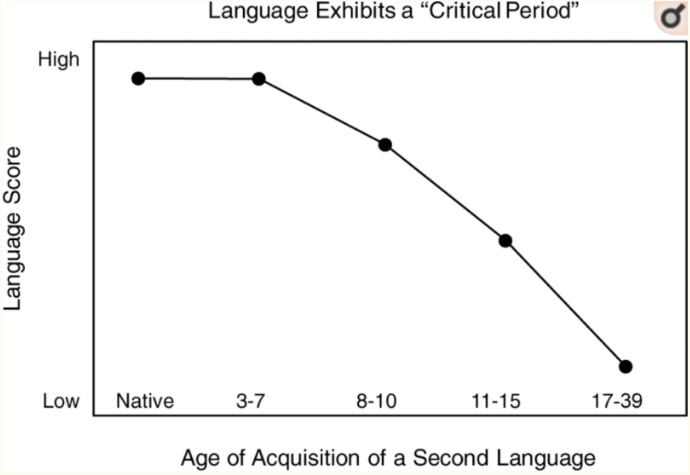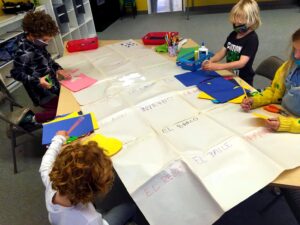Are you thinking about teaching your child Spanish? If so, you’ve made a great decision! Learning Spanish has many benefits for kids, including improved cognitive skills, increased cultural awareness, and better job opportunities in the future. But how long does it take to learn Spanish? And what factors can affect their learning?
In this article, we’ll explore the factors that affect a child’s Spanish learning, and give you some tips for helping your child learn Spanish quickly and effectively.
Do you want your kids to learn about and appreciate a different culture and language? Do you fantasize about your son showing you around Mexico City and conversing with the natives as if he were one of them? Imagine your kid going shopping in Madrid and effortlessly transitioning from Spanish to English as she meets new people.
Wonderful! The only remaining issues are when is it too early to begin teaching children Spanish and how long does it take to learn Spanish.
To answer the first question, almost all studies believe that it is never too early for a kid to begin learning a second language, and the sooner the better. According to several studies, second language learning skills peak around the age of 6 or 7. Others argue that this window lasts till teenage. However, they all agree that learning a new language after puberty is far more difficult. A graph depicting the outcomes of a research conducted by Johnson and Newport on English grammar among native Korean speakers learning English as a second language is shown below (1989).
I wish I could wave a magic wand and tell you exactly how long it will take to learn Spanish in days, but I think we both know there are far too many variables to be so accurate. Let’s take a look at a few key aspects that will affect your child’s language acquisition:
1. Language Learning Prior Experiences.
2. How the child learns.
3. How much time is devoted to learning.
The first thing to consider is whether or not your child has any prior language learning experience. Was he or she raised in a family where Spanish was spoken all the time, or only when Abuela visited? Was your child exposed to the Spanish language and culture in the neighborhood or at school, or is Spanish completely foreign to him?
The second factor is how is your child learning? If language learning is limited to a classroom, it will probably take longer for them to learn Spanish. Supplemental programs (like say perhaps an excellent program like Cultural Bytes) will certainly help accelerate the learning process, and interacting with Spanish at home, such as in books, television, and practicing speaking with parents, will accelerate the process even more. Which leads us to our third and final factor…
Time dedicated to learning. There is a general principal that applies to many areas of life that goes as follows: “you get out what you put in.” If your child only attends one class a week with no supplemental learning, the progress will be painfully slow. To make those dreams true of your son or daughter traveling with Spanish effortlessly rolling off their tongue, you as the parent must be dedicated to put in the time and effort to connect them with the right materials and keep them motivated on the long process.
Learning Spanish is most definitely possible for anyone and everyone who puts their mind to it and dreams are just a decision away.
Thanks for taking the time to read us.
If you liked our article and want more information about our programs for kids click here!









